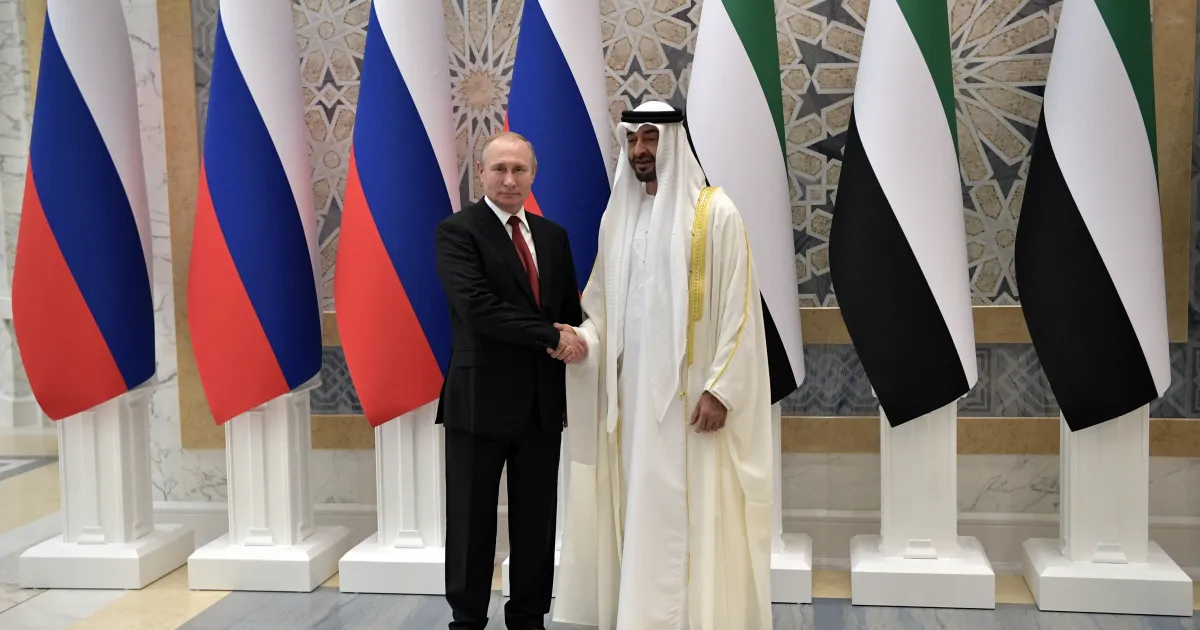In a surprising diplomatic move, Russian President Vladimir Putin is set to embark on a tour of the Middle East, with visits planned to the United Arab Emirates (UAE) and Saudi Arabia. The timing of the tour raises eyebrows as it coincides with the ongoing Israel-Hamas conflict in Gaza, placing Putin in a potentially pivotal role as tensions escalate in the region.
Diplomatic Agenda:
The Kremlin spokesperson, Dmitry Peskov, has indicated that the talks during Putin’s Middle East tour will primarily focus on bilateral relations with the UAE and Saudi Arabia. However, in a twist, discussions related to the Israel-Hamas war are expected to take center stage. The conflict has drawn global attention and condemnation, and Putin’s involvement suggests a willingness to position Russia as a mediator in the region.
Oil Market Cooperation:
In addition to addressing the regional conflict, the leaders are anticipated to discuss oil market cooperation. Russia collaborates with both the UAE and Saudi Arabia within the OPEC+ framework, a coalition of oil-producing nations led by OPEC and Russia. The recent announcement of voluntary supply cuts by OPEC+ has triggered market skepticism, and Putin’s involvement in talks signifies the importance of stable oil markets for these nations.
Putin’s Growing Influence:
Putin’s diplomatic foray into the Middle East underscores Russia’s aspirations for an increased role in the region. As Western sanctions attempt to isolate Moscow due to its actions in Ukraine, Putin seeks to demonstrate that these efforts have not succeeded. The visit also follows the issuance of an arrest warrant against Putin by the International Criminal Court (ICC) for alleged deportations of Ukrainian children, emphasizing the Russian leader’s defiance on the international stage.
Israel-Hamas Conflict:
Putin’s interest in the Israel-Hamas conflict is noteworthy, with the Russian president positioning Moscow as a potential mediator. Criticizing what he perceives as U.S. diplomatic failures, Putin has suggested that Russia, given its amicable ties with both Israel and the Palestinians, could play a neutral role. This move aims to showcase Russia’s diplomatic prowess and potentially influence the narrative surrounding the conflict.
As President Putin engages in a diplomatic tour of the Middle East amid the Israel-Hamas conflict, the geopolitical implications are vast. His strategic positioning in the region, coupled with talks on oil market cooperation, reveals Russia’s ambitions to strengthen ties and wield influence on the global stage. Whether Putin’s diplomatic gamble pays off remains to be seen, but the timing and the delicate nature of the discussions add a layer of complexity to an already volatile region.















